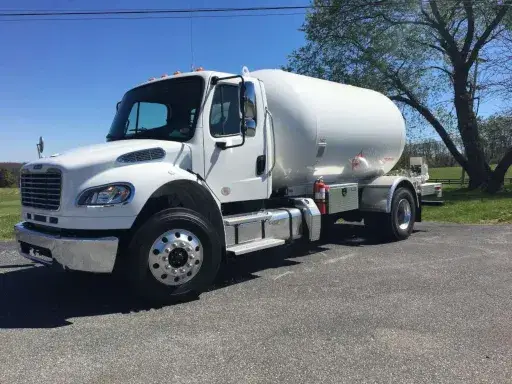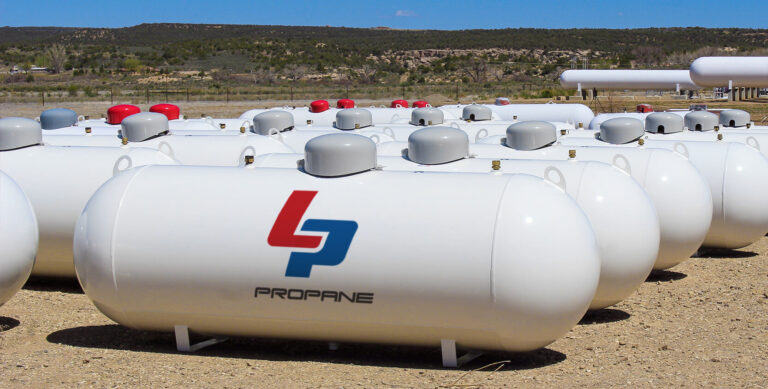
A Beginner’s Guide to Propane Safety for New Homeowners
Why Propane Is One of the Most Dependable Heating Fuels in Rural America Purchasing a new house is a big undertaking, and with it comes the burden of understanding how your home’s energy systems operate. Propane might be a new

